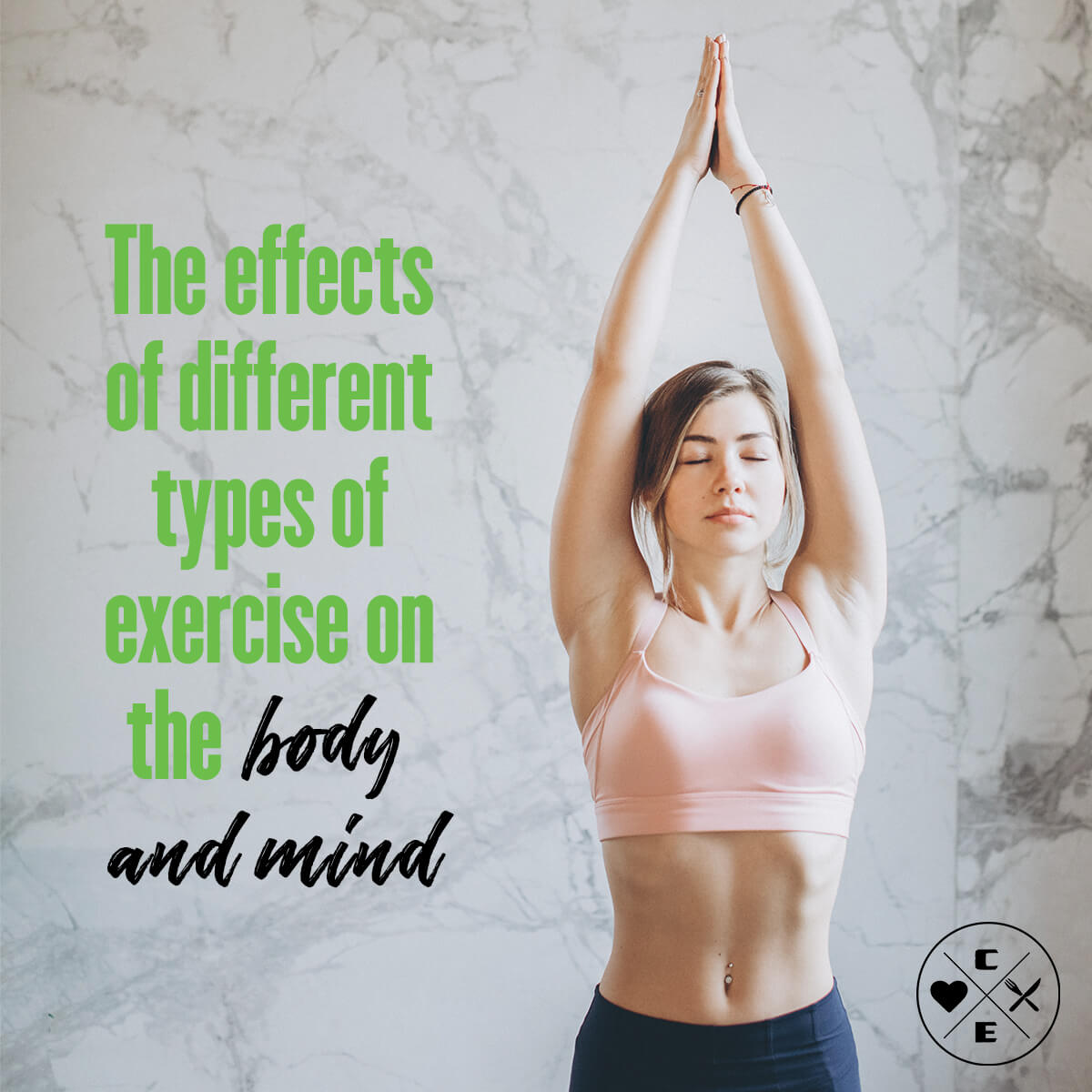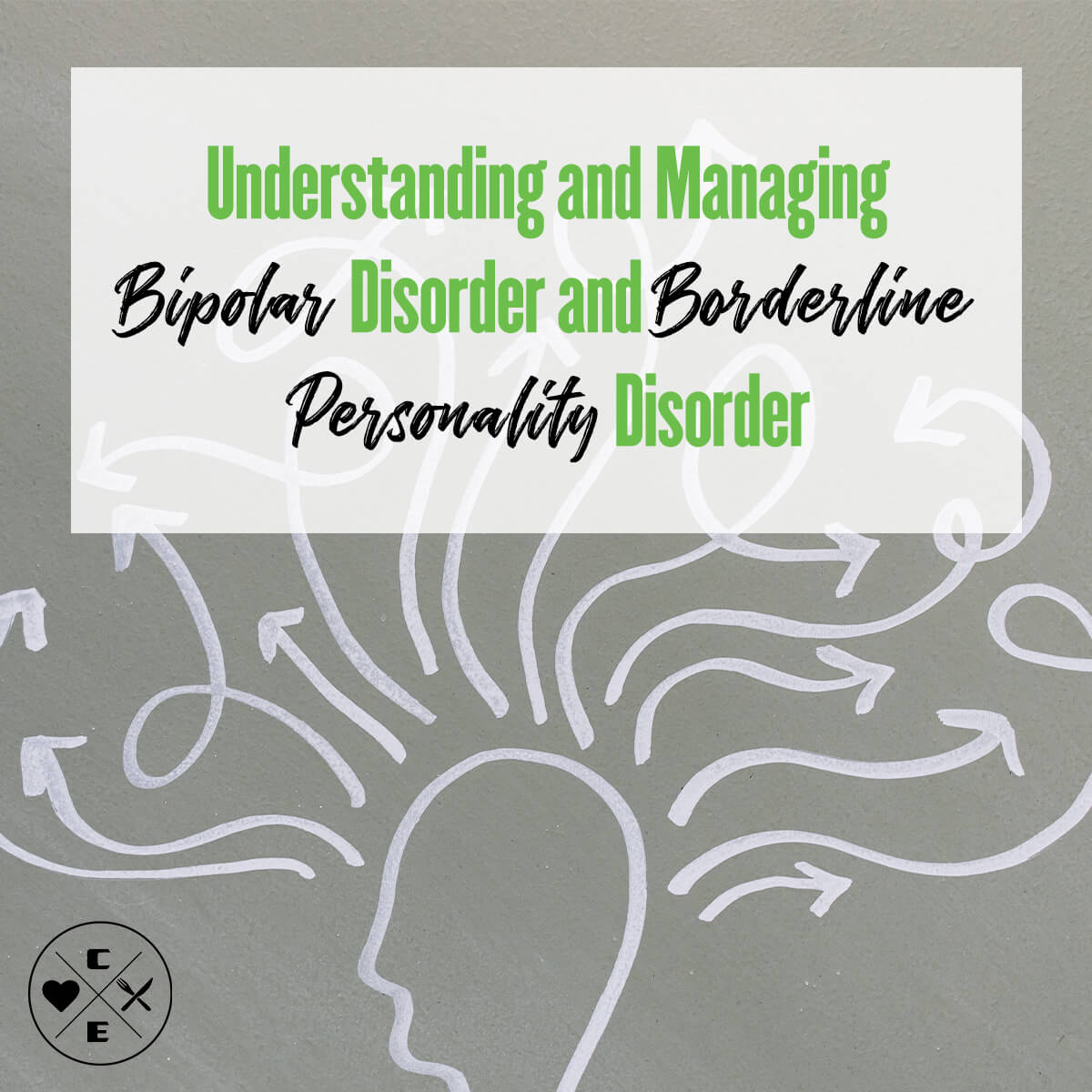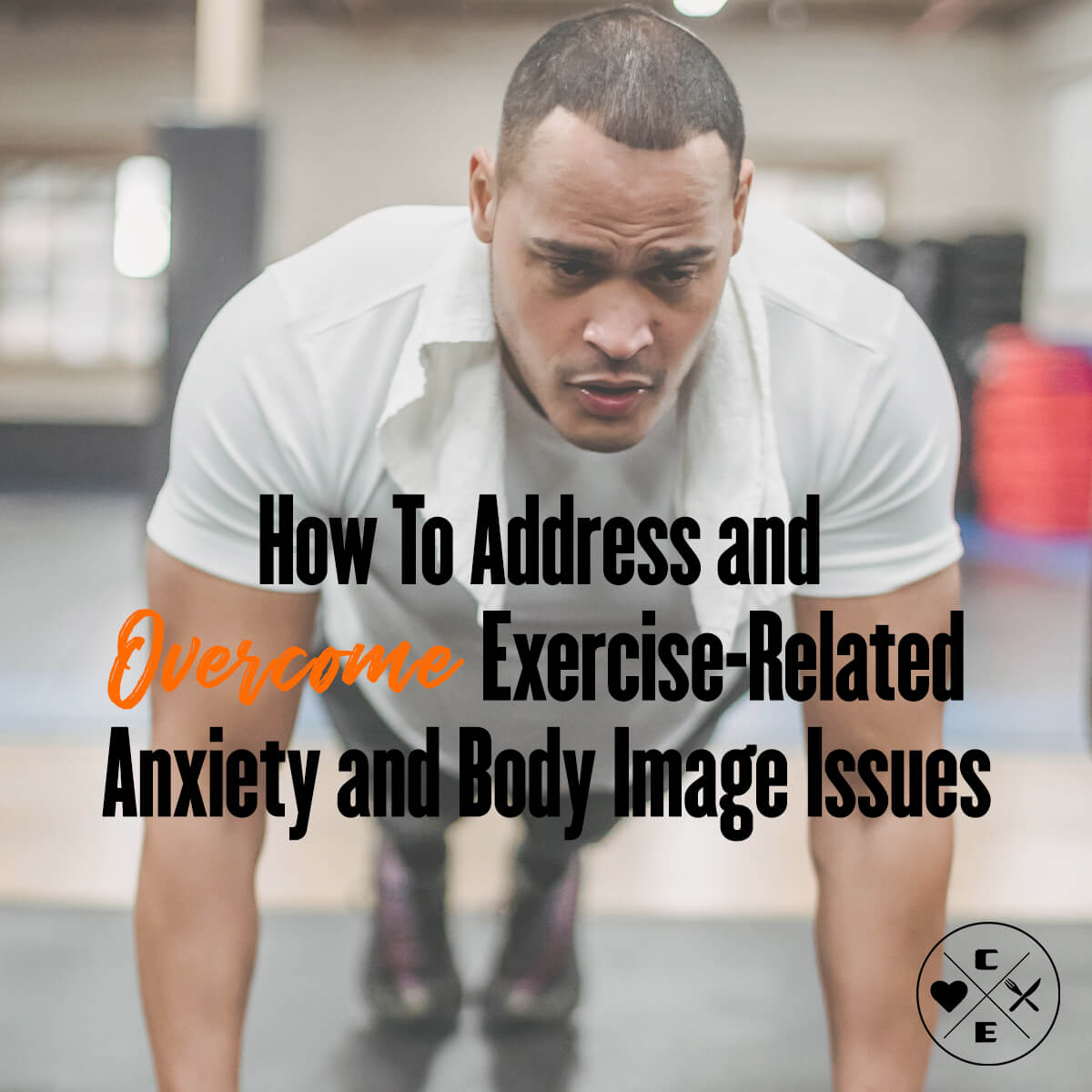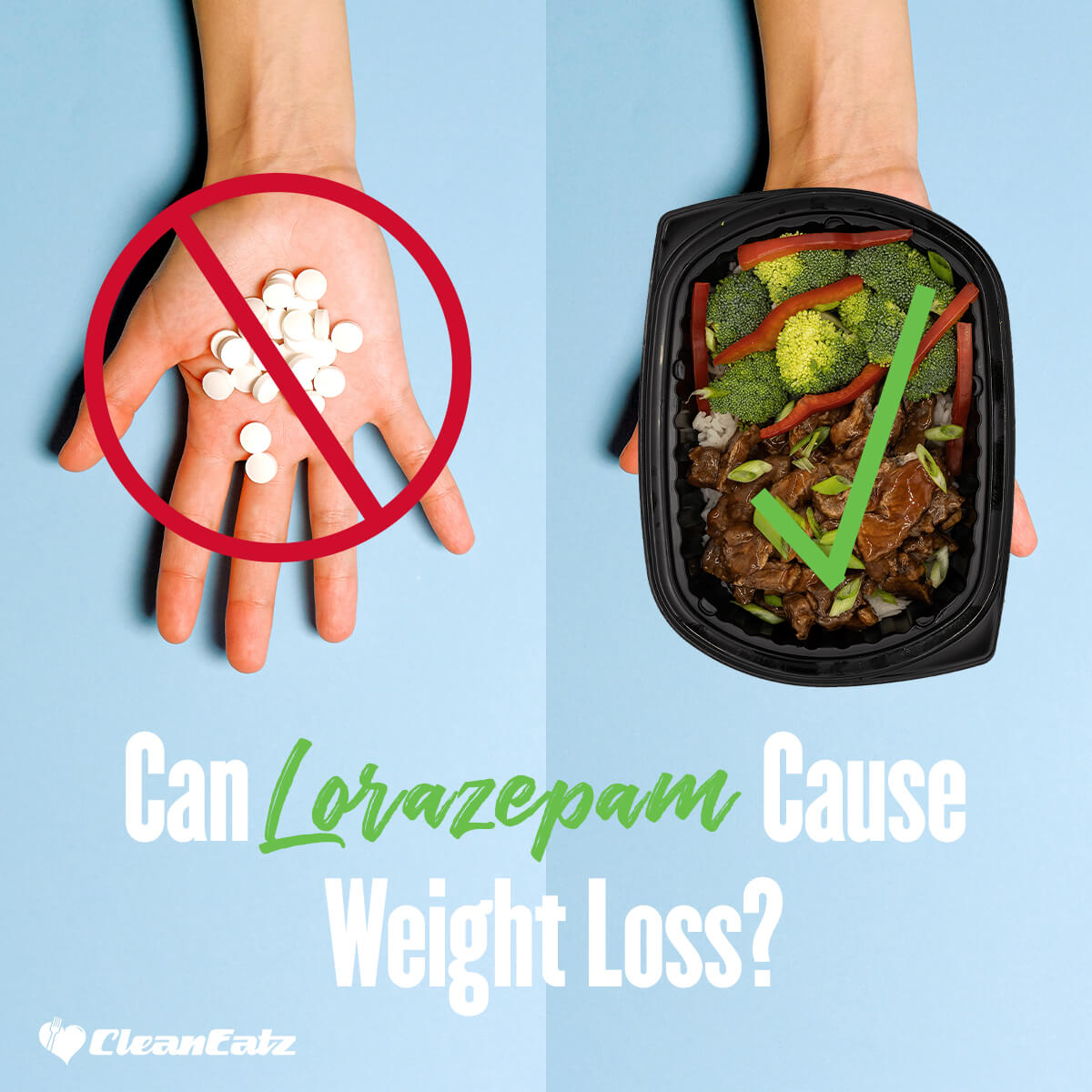
The effects of different types of exercise on the body and mind
Jason Nista
Exercises & Fitness
|
Healthy Lifestyle
|
Mental Health
13 minute read
If you move more, everything in your life will be easier. You’ll also think, feel, and live well since it’s proven that healthy movement helps us feel better both physically and emotionally, be more focused and productive; think, learn, and remember information better; interact with the world in a healthy and free way; improve our health and prevent disease; and be able to communicate and express ourselves and connect and build relationships with others.
There are however certain specific benefits attributed to specific training or exercise modalities that might be worth exploring and taking into account when scheduling your workouts to get the most benefits and live the best life you can. So read on to learn more about the effects of different exercise and training modalities on your body and mind.
How can exercise reduce stress?
Exercise improves your general health and sense of well-being, giving you more energy throughout the day. But physical activity also directly reduces stress levels and can help you cope with anxiety.
It boosts your mood: Regular exercise helps lessen the symptoms of mild depression and anxiety and boosts confidence, mood, and relaxation. Your sleep schedule, which is frequently disturbed by stress, depression, and worry, can also be improved by exercise. And you won't have to ask the question "is 5 hours of sleep enough?" ever again. These all-encompassing health advantages of exercise can lower your stress levels and give you control over your body and your life.
It increases endorphin production: The feel-good chemicals known as endorphins in your brain are produced at a higher rate when you exercise. Even while this effect is sometimes referred to as a runner's high, any cardiovascular activity, such as a competitive tennis match or a scenic forest hike, can produce it.
It helps with the adverse effects of stress: Exercise can help your body cope with stress by simulating its consequences, such as the flight or fight reaction. It gives your body's systems practice dealing with those effects. Assisting in shielding your body from the negative impacts of stress can also have favorable effects on your body, including your immune, digestive, and cardiovascular systems.
It's just like meditation: You might discover that you've forgotten the day's annoyances and focused only on your body's movements after a vigorous game of racquetball, a long walk or run, or several laps in the pool. People often find that this concentration on a single task, and the ensuing energy and optimism, can help you stay calm, clear, and focused in everything you do as you start to routinely release your daily tensions through movement and physical activity.
Mood Enhancement
Consistent physical activity not only diminishes the symptoms of mild depression and anxiety but also elevates self-assurance, mood, and relaxation. Sleep, often disrupted by stress, depression, and anxiety, can also benefit from exercise. These comprehensive health advantages conferred by exercise are instrumental in reducing stress levels and granting individuals mastery over their bodies and lives. The post-workout elation and a spring in your step after a gym session are bound to evoke a sense of accomplishment and joy.
Endorphin Release
Exercise prompts the brain to release endorphins, renowned as natural mood lifters. Engaging in physical activities causes an upsurge in endorphin production, which then circulates throughout the body. Often termed a "runner's high" due to the euphoric sensation it induces, this phenomenon can be experienced following various cardiovascular exercises. Elevated endorphin levels alleviate stress, leaving individuals feeling invigorated and exhilarated. These endorphins not only reduce stress but also alleviate pain and offer an overall boost.
Counteracting Stress Effects
Exercise assists the body in managing stress by simulating the physiological responses associated with stress. During exercise, heart rate and blood pressure increase similarly to what occurs during the body's fight-or-flight reaction in stressful situations. Regular exercise enables the body to rehearse managing these physiological responses, ultimately enhancing stress management. By subjecting the physical body to exercise-induced stress, individuals can better confront the mental stressors encountered in daily life. Furthermore, this practice fortifies the cardiovascular, immune, and digestive systems.
Hormone Harmony: Exercise's Impact on Stress
Exercise not only stimulates the release of endorphins, the body's natural mood elevators but also orchestrates a decline in the levels of stress-inducing hormones, such as cortisol and adrenaline. Adrenaline, the hormone responsible for heightened alertness and agitation, can become problematic when present in excess, contributing to heightened stress and anxiety. However, moderate and consistent exercise serves as a calming influence, reducing adrenaline production and promoting a sense of tranquility.
Cortisol, another stress hormone, can also be tamed through mild exercise. It is essential to exercise judiciously, as intense physical activity can trigger your brain's alarm bells, causing an uptick in cortisol levels. Maintaining a regimen of moderate to low-intensity exercises ensures cortisol remains at bay, safeguarding against excessive stress hormone production.
Timing Matters: Exercise and Sleep for Stress Reduction
Timing your exercise sessions can be crucial in the pursuit of stress reduction. For those grappling with high-stress levels and sleeplessness, exercise provides a boon, regardless of when it occurs during the day. Physical activity expands your body's energy reserves, setting the stage for restorative slumber, essential for optimal recovery. While sleeping, your body diligently repairs muscle tissue, enhancing your hard-earned gains and affording you a fresh, stress-free start each morning. To maximize the benefits and mitigate sleep interference, aim to conclude your exercise routine at least an hour before bedtime, as some exercise-induced hormones can delay the onset of sleep if engaged in too vigorously or too close to bedtime.
Choosing the Right Exercise: Tailoring Stress Relief to Your Preferences
When contemplating the most effective exercises for stress management, it becomes apparent that virtually any form of physical activity holds potential benefits. Incorporating modest exercise increments into your daily schedule can yield notable stress reduction dividends. Activities like leisurely walks, gentle stretching routines, and tranquil yoga sessions offer serenity alongside increased physical engagement. Alternatively, more vigorous pursuits such as jogging, team sports, boxing, or aerobic classes provide an enjoyable outlet for relinquishing worries while sculpting your physique.
Ultimately, the paramount consideration revolves around identifying an activity that resonates with your preferences and seamlessly integrating it into your daily routine. The pursuit of fitness should be an eagerly anticipated endeavor, not an additional source of stress. Experiment with various activities, such as swimming, dance classes, weightlifting, pilates, or cycling, to ascertain which resonates most harmoniously with your spirit. As you burn calories and relish the experience, watch your concerns dissolve into the background.
How much exercise do I need?
If you are considering starting an exercise routine, you should gradually increase your fitness levels. Starting a new program too quickly can cause you to overdo it and may lead to burnout or even injuries.
It is generally recommended that most people get at least 150 minutes of moderate aerobic activity, 75 minutes of vigorous aerobic exercise, or a combination of moderate and vigorous activity each week. Brisk walking or swimming are examples of moderate aerobic activity while running or bicycling are examples of strong aerobic activity. Even more, activity will have a positive impact on your health.
Additionally, you should try to make an effort to perform strength training exercises for each major muscle group at least twice each week.
What exercises should I try?
You can improve your fitness and reduce stress with almost any exercise. The most crucial step is to choose an activity you enjoy. Some examples are walking, jogging, dancing, biking, yoga, tai chi, gardening, weightlifting, and swimming.
And keep in mind that getting active doesn't require a gym membership. Try body-weight exercises, a yoga video, or a walk with the dog. Whatever you do, try not to view exercise as just another item on your list of things to do. Make it a habit to engage in an activity you enjoy, whether it's a vigorous game of tennis or a contemplative stroll to the park and back.
Cardio
Dreaded by some and loved by others, cardio is a very useful tool to improve cardiovascular health and lose weight. But it has plenty of other benefits for you:
For your mind: it can help release endorphins that make you feel good and ease symptoms of stress or anxiety and improve your mood. It also helps you oxygenate better by taking more fresh blood to your brain which helps you think better, be more focused, and improve your memory. It has also been shown that regular cardio can help protect the brain from cognitive decline and prevent neural degeneration.
For your body: cardio’s main effect will be on your cardiovascular and respiratory system with improvement in blood pressure and reduction of risk of heart disease. But it also has beneficial effects on your immune system, regulating your blood sugar levels, losing fat, and maintaining a healthy weight, which helps prevent obesity and related health risks.
Strength training
When you read the words strength training you might be thinking of barbells and gym machines, however, any form of exercise done against some external resistance, whether it is from barbells, dumbbells, machines, bands, or your own body weight, with a progressive overloading model is a form of strength training that boosts great benefits like:
For your mind: It has been shown to slow down and even halt the degeneration of brain cells helping reduce the incidence of Alzheimer's disease. It can also help you improve your mood and reduce depression symptoms, reduce anxiety, and strengthen your body-mind connection.
For your body: The two main ones are getting progressively stronger and building more muscle mass, as well as improving your explosive power and speed. Both of these are really important to help maintain functional independence as we age, maintain or gain lean mass on muscle, and bones as well strengthening connective tissue like tendons. It is also a great way to boost your metabolism and lose weight by increasing your resting metabolic rate, which makes you torch fat even while resting after your training session.
High-Intensity Interval Training (HIIT)
Very popular in recent years, interval training done with bouts of very intense exercise followed by lighter recovery has been shown to have great benefits for your health:
For your mind: it can help build more brain cells by stimulating the production of BDNF (Brain-derived neurotrophic factor), a protein that promotes the growth of new brain cells and the formation of neuronal circuits in the brain. It also helps increase blood flow to the brain, oxygenating it better which helps you focus better and increase productivity. It has also been proven to cause better mood and a sense of more enjoyment compared to other training modalities.
For your body: plenty of benefits like a marked reduction of risk of cardiovascular disease and hypertension, as well as helping with blood glucose regulation and insulin sensitivity.
And obviously the added benefit of being very time efficient, making it easier to be practiced regularly on a tight schedule. It can help you lose weight fast since it burns a lot of calories in a short amount of time (around 25-30% more than other exercise modalities); it also increases your metabolic rate, even more than weight training; and it helps maintain and even build lean muscle mass and improve body composition
Yoga, stretching, and mobility training
And if you’re looking for something more low intensity, although this might be arguable; exercises like yoga, mobility training, and stretching can have tremendous benefits for you:
For your mind: increased serotonin levels, the hormone that helps stabilize your mood and maintain a calmer state of mind. This also helps reduce anxiety, depression, and stress and can help you sleep and recover better.
For your body: Improved ranges of motion and joint stability lead to more control of your body and reduced risk of injury. It can also improve posture and reduce musculoskeletal pain, particularly back pain. As well, it helps promote blood circulation and improved heart health. Plus the added benefit of maintaining a healthy weight form engaging in regular physical activity since it is a very enjoyable form of exercise that can be adjusted to any level of fitness.
Bottom Line
Movement, in general, will have benefits to your physical and mental health and the exact modality really doesn’t matter much, rather the consistency with which you engage in physical activity. However, there are certain specific benefits of individual training and exercise modalities that are worth taking into consideration and that you can leverage to get a well-rounded physique and boost your mental health by combining or favoring the ones you feel you need the most or are most interested in.
If you are feeling stressed out, overwhelmed, and anxious, exercising can help you combat these feelings. You can also look for ways to minimize stress and make your life easier. That's where Clean Eatz Kitchen can help. We prepare wholesome, nutritious meals, like our keto meal delivery plans that are ready to heat and eat whenever hunger strikes. When you choose Clean Eatz Kitchen, you never have to worry about cleaning up a mess in the kitchen, and you can ensure you are always sticking to your nutritional goals. Building a meal plan delivery plan with Clean Eatz Kitchen can help you stay healthy and stress-free today!
FAQs
How does exercise reduce stress?
Exercise reduces stress through various mechanisms. It enhances mood, increases endorphin production, and helps the body manage stress-induced physiological responses, such as elevated heart rate and blood pressure. This combination of factors contributes to reduced stress levels.
What is the role of endorphins in stress reduction during exercise?
Endorphins, often referred to as natural mood lifters, are released by the brain during exercise. These chemicals induce a sense of well-being and can help alleviate stress. The "runner's high" experienced after exercise is often attributed to elevated endorphin levels.
When is the best time to exercise for stress reduction?
The timing of exercise can influence its impact on stress reduction. Exercising at any time of the day can help reduce stress, but it's recommended to finish your workout at least an hour before bedtime to avoid potential sleep disturbances caused by exercise-induced hormones. Ultimately, the best time to exercise is the time that fits your schedule and preferences.
Can unmanaged stress lead to health issues?
Absolutely, unmanaged stress can take a toll on your health. It's not just about feeling overwhelmed; chronic stress has been linked to several serious health problems, including high blood pressure, heart disease, obesity, and diabetes. These health issues underscore the importance of recognizing and effectively managing stress.
What does exercise do for your mood?
Exercise has a remarkable impact on mood enhancement. When you engage in regular physical activity, it reduces the symptoms of mild depression and anxiety. It instills a sense of confidence, promotes relaxation, and boosts overall emotional well-being. Additionally, exercise can positively influence your sleep schedule, often disrupted by stress, depression, or worry, thereby improving your quality of rest.
Related Articles
Can Lorazepam Cause Weight Loss?
8 minute read



